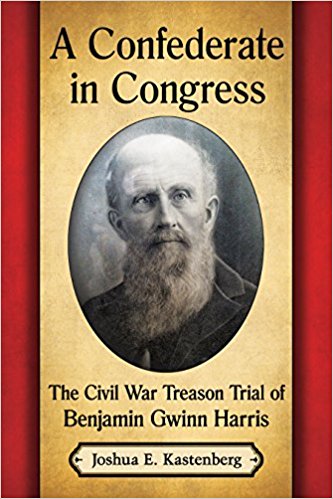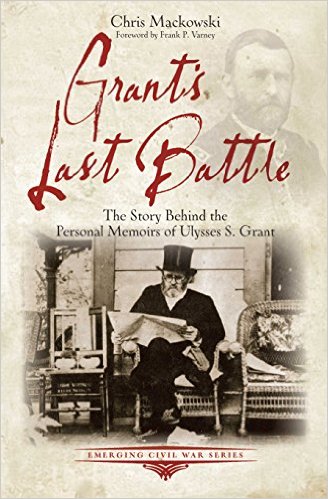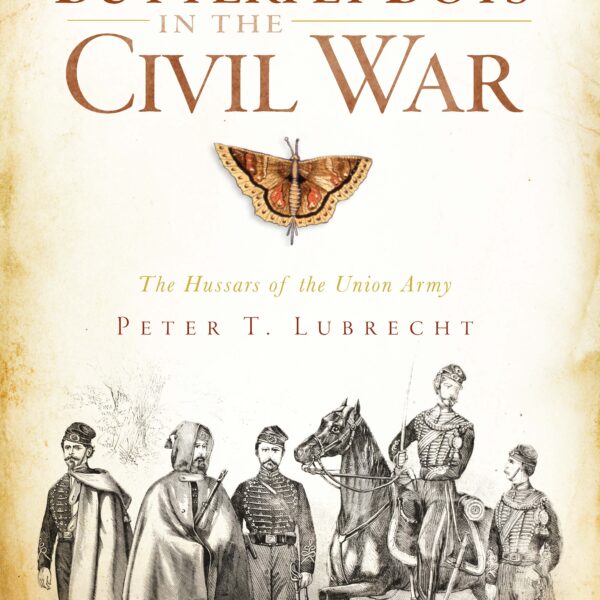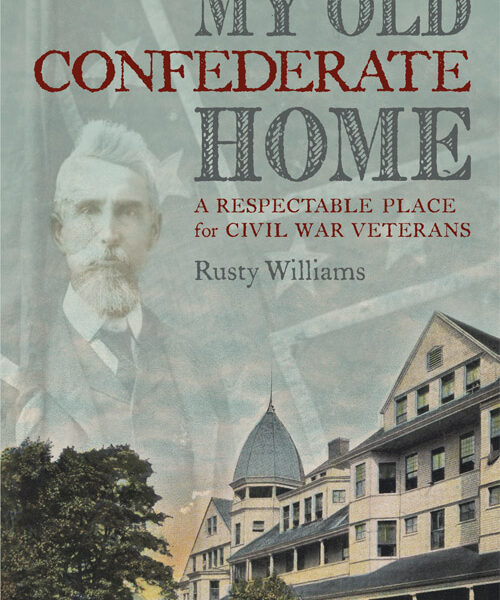New scholarship is most often produced through new interpretations of familiar evidence. Less often, historians discover and present genuinely new information. Even more rarely, scholars force us to completely reassess time-honored, and usually time-worn, perceptions. Historians in this latter category push us out of our comfortable interpretations and require that we imagine anew what we assumed was well known. Not long ago, Earl Hess challenged convincingly long held convictions that the introduction of rifling profoundly influenced the character of battlefield engagements (The Rifle Musket in Combat, Kansas, 2008). More recently, David Hackett’s careful and considered reassessment of the war’s death toll suggested the need for long overdue revision, even while opening new debate about the extent of death that can be properly attributed to the war (“A Census-Based Count of the Civil War Dead,” Civil War History 57, Dec 2011). Carol Reardon’s work on strategic theory and the scope and limits of Civil War military imagination falls within this most valuable third category.
Professor Reardon’s With a Sword challenges the common, perhaps even hackneyed, assertion of Antoine-Henri Jomini’s dominant influence on the strategy of the Civil War. Her argument refutes the validity of Jomini’s preeminence through three interrelated essays. The first surveys the extent of American interest and understanding of European strategic theory, a concept foreign—literally and figuratively—to Americans. Second, she assess the extent to which military leadership, as exemplified by the Union high command, could be held to the standard of any particular military theorist, including Jomini. Last, Reardon explores the greatest single absence in the strategic literature of the nineteenth century—at least from a twenty-first-century perspective—the lack of any interest in the human element of combat effectiveness. Like Hess, Reardon’s work is based on evidentiary sources readily available for a century or more, but before now too often overlooked or underappreciated. Similar to Hackett, Professor Reardon also applies methodologies from disciplines other than history to develop new insight into the costly Overland Campaign of May and June 1864. The sum of her efforts suggests that theory never fully defined the lived experience of war, and that the breadth of military thought far exceeded the generals.
Reardon’s survey of the literature of military theory is erudite, thorough and fascinating. She reveals a competitive field of military minds, all seeking to distill from the terribly human activity of war a set of discrete and invariable axioms and precepts. Although Jomini was clearly an important voice, Reardon demonstrates that he was but one among many vying for attention. Most importantly, she charts the resistance of Americans to embrace such a theoretical approach to war, at first a reluctance to follow any European dictums thought to be largely irrelevant to the American situation, but also a disinclination to over-intellectualize such a dynamic human interaction as combat. Americans—citizens and soldiers alike—engaged in a vibrant public dialogue about the war, urging proper action while disparaging an excess of theorizing. Indeed, the popular American debate over theory represents the most fascinating component of this essay, a dimension of this “people’s contest” previously unacknowledged.
The second essay, on military leadership, similarly contrasts the ideals of military thinkers, foreign and domestic, with the generals whose service was most thoroughly scrutinized by the American people. Reardon brings clarity to the sometimes murky swirl of reputation, and the public clamor of any particular commander’s supporters and detractors. At the same time, she reveals an intellectual debate about the roots of military command success, conjecturing whether military expertise was the result of training, the providential gift of inborn genius, or whether both extremes were at least occasionally suborned to indefinable qualities of character. In considering the most notable of the Union commanders, who struggled to survive within these debates and were at times flayed raw by their consequences, Reardon demonstrates again the persistence of a deep commitment to American exceptionalism, a common assumption that our war and our officers had no European parallel. Ultimately, the war left this debate about officers unresolved with the result that America remained disinterested in effective officer training programs until the next century.
Finally, focusing on the Overland Campaign, Reardon shifts our attention to the human element of combat operations. More than six weeks of nearly constant combat engagement tested the best equipped and most veteran force the Union had ever assembled, a punishing experience that inflicted horrible casualties and demoralized the survivors. Contemporary military thought had never engaged the numerous ways in which combat erodes the effectiveness of troops, and no amount of theorizing, or military training, genius, or character, prepared officers and their men to face such a trial. Far from being a dominant influence, the axioms of Jomini and others provided no assistance whatever to the individuals who fought, and no guidance to their leaders who failed to understand their needs.
With a Sword is a well-constructed and eminently readable work that should encourage a reassessment of some of our basic assumptions about the conduct of the war. Her work is resolutely focused on the Union military, for reasons stemming from availability of evidence. A full treatment of southern military thought in light of Reardon’s study begs to be done and would be a welcome companion to this text. Although brief, Reardon presents her well-supported argument with such clarity that any reader interested in military history will feel rewarded. In helping us see Jomini and his place within a larger social and intellectual context, Reardon easily solidifies her position as one of our best, most thoughtful historians of the military experience.
John R. Neff is the author of Honoring the Civil War Dead and the Director of the Center for Civil War Research at the University of Mississippi.





